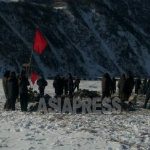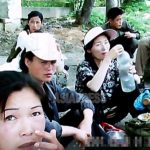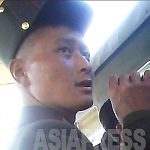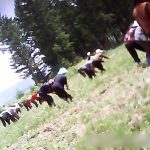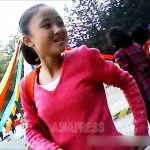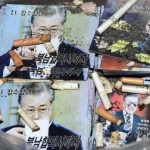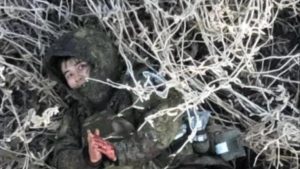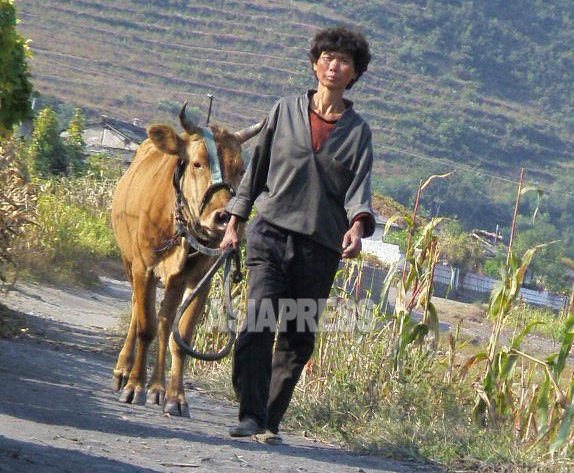
Kim Jong-un's new agricultural policy reforms have not yet fully taken root on the ground. Despite confusion during the implementation process, positive changes in farmers' self-perception have been reported. Perhaps that's why? Feelings of anticipation and anxiety about the future after the new policies are established continue to intersect among farmers. (JEON Sung-jun / KANG Ji-won)
<North Korea Special>What is the Reality of Kim Jong-un's Agricultural Policy Reform? (1) "Collective" Disappears from Farms Major Revisions to Agricultural Regulations
◆ Changing Perceptions of Farmers Under New Policies
In February 2025, a farmworker "A" from North Hamgyong Province explained that farms can now trade additional food with factories or enterprises after fulfilling state-mandated quotas, and farms are holding onto their surplus food rather than selling it right away:
"Farms aren't selling their surplus food even though food prices are rising. I know that enterprises from Rajin and Onsong have come to farms trying to purchase food, but farms are refusing to sell. Currently, food prices are as valuable as gold, so everyone is holding onto their surplus."
Chronic shortages at urban state-running grain stores have been observed, and food prices have been reported to rise continuously since the end of last year. Farmers withholding their food supplies while having selling rights could be one reason for this.
Farmworker A added that the public perception of farmers is changing:
"Since farm workers can now sell crops through the purchasing system and food prices have increased significantly, people used to mock farmers by calling them 'nongpo,’ but now farm workers are quite popular."
'Nongpo' is a derogatory term for farmers in North Korea, who traditionally received the lowest social status. But according to the explanation, the introduction of new agricultural policies has changed how people view farmers.
◆ Changing Mindset: "Our Land"
In rural areas, farmers are showing enthusiasm for this year's farming, anticipating the full implementation of the new policies.
In April, farm worker A reported that farm officials were promoting the new policies and motivating farm workers:
"They frequently use phrases like 'our land' and 'we take what we work for.' There's also a movement to refuse outside labor mobilization, saying that they need to farm by themselves to have a surplus in the fall."
This appears to be a natural response to the current situation where farms must now pay for support labor that was previously essentially free.
Farmworker A also reported on reactions from fellow farm workers:
"Households with three or more laborers say the new system is beneficial. If they're in the same work unit, they can take extra food beyond their rations, which is advantageous. For households with only one or two workers, it's not as helpful."
While farm worker A didn't explain the specific background for this comment, it appears that families working together have advantages in both the farming process and in distribution, receiving a kind of bonus.
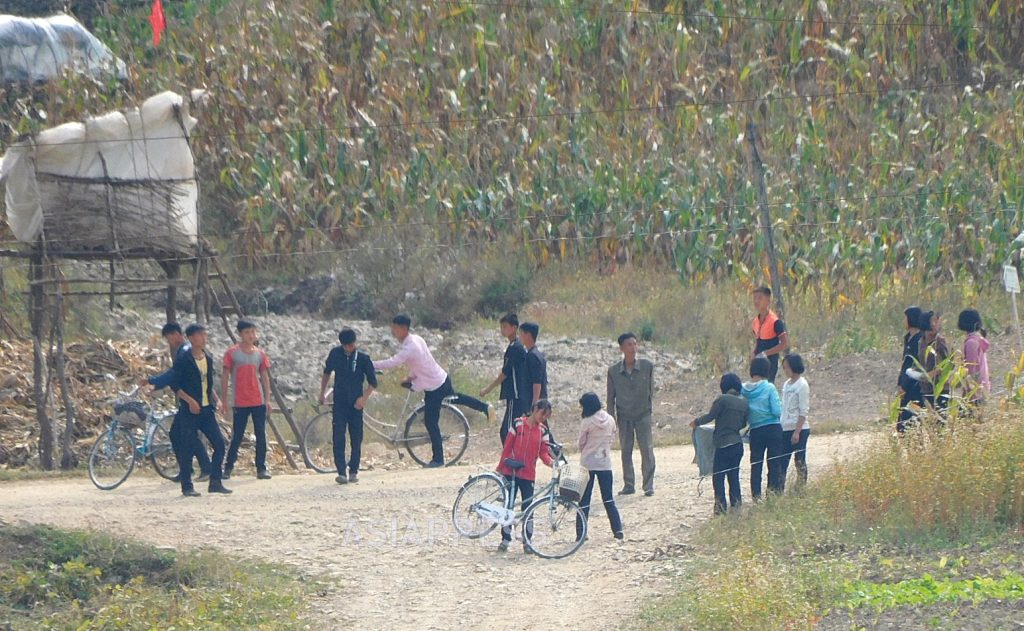
◆ Some Remain Skeptical: "There’s Work Unit Leader Without Debt"
Farmworker A explained that there are also skeptical views about the new policies:
"Last year they said the same thing, but farming didn't go well, and work units with poor-quality land couldn't even receive their proper distributions. The rhetoric sounds good, but there isn't a single work unit leader or team leader here without debt. Our work unit leader has a debt of 40,000 Chinese yuan."
※40,000 Chinese yuan is approximately 7.9 million Korean won.
※A work unit leader typically oversees about 10 farm workers in the smallest production unit in North Korean farms.
The debt structure seems to arise because the state neither guarantees farming materials nor sufficiently reduces production quotas, forcing unit leaders to take on debt to purchase necessary materials.
"Work unit leaders say they're planting crops on field edges or empty land to make extra money, but how can they repay that amount (40,000 Chinese yuan) that way? Unit leaders now notify workers before taking on fuel costs on credit that it will be deducted from fall distributions, and they even collect signatures from unit members."
This appears to be a shift from the past practice of treating farming material costs as the unit leader's personal debt to accepting it as a shared responsibility of the work unit.
Farmworker A pointed out that self-procuring farming materials and using agricultural machinery requires money, and if these costs must be covered from production, ultimately the individual farm worker's share in the fall will inevitably decrease.
Over the course of ten reports, we've examined the changes in agricultural policy taking place in North Korea recently. As Farmworker A says, "Since it hasn't completely settled yet, it will probably take until next year (2026) to be properly organized," the effectiveness and impact of the new policies remain to be seen. (End)
※ ASIAPRESS communicates with its reporting partners through Chinese cell phones smuggled into North Korea.
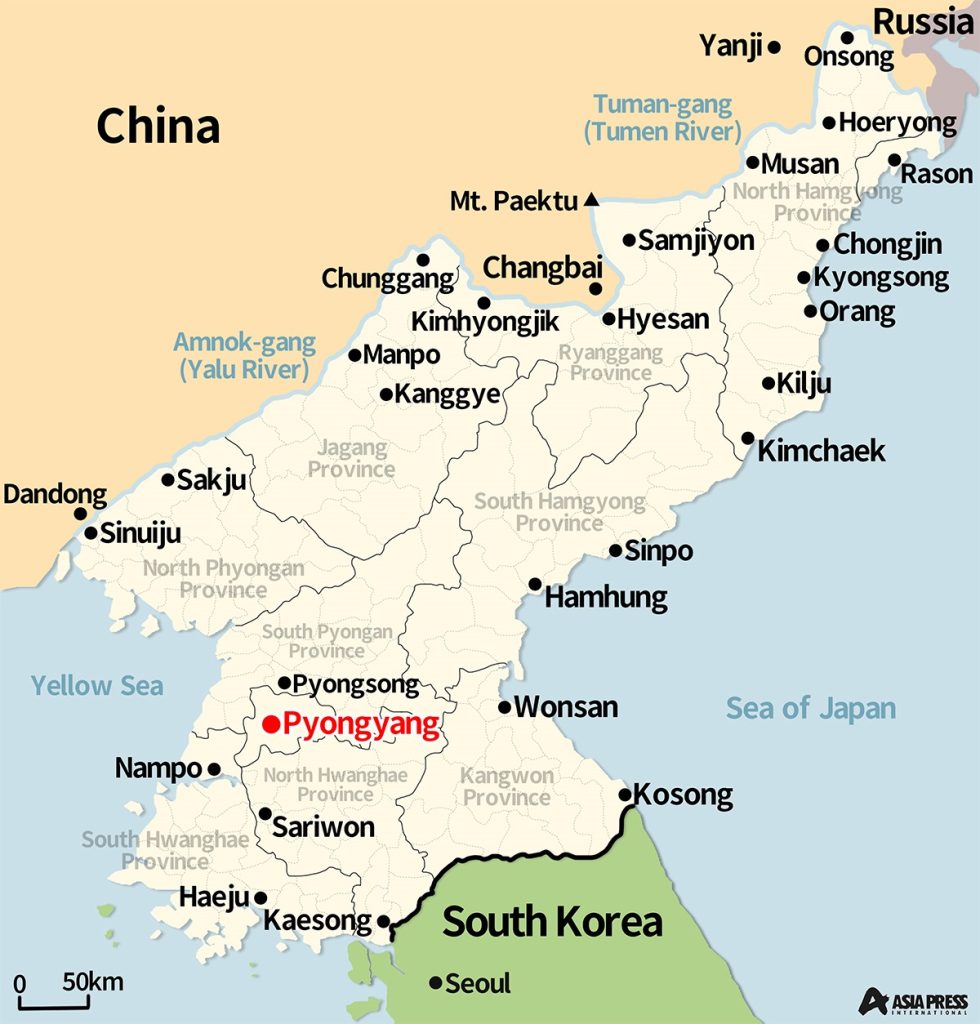
<North Korea Special> What is the Reality of Kim Jong-un's Agricultural Policy Reform? (10) 'Farm Fool' is Old News, Claims that 'Farm Workers are Popular Now' - Hope for New Policies, But...
- <Inside N. Korea>Even Housewives Being Mobilized - New "Women's League Shock Brigades" for Farm Labor as Kim Jong-Un Regime Demands Farms Cover Labor Costs
- <Inside N. Korea>'Show Me What's in Your Phone' - A Student Souple Resisted the Overly Strict Inspection, But...
- <Inside N. Korea>The 'Last Stronghold' of Defection in Crisis: Security Bureau Receives Commendation for Crackdown Success - Smuggling and Defections Nearly Eradicated
- <Inside N. Korea> Daytime Masked Robberies on the Rise - Young Organized Crime Groups Emerge in Hoeryong as Authorities Struggle with Deteriorating Security
- <Inside N. Korea> Surveillance and Control of Mobile Phones Intensifies: Information Extracted During Repairs, Daily Photography Monitored
